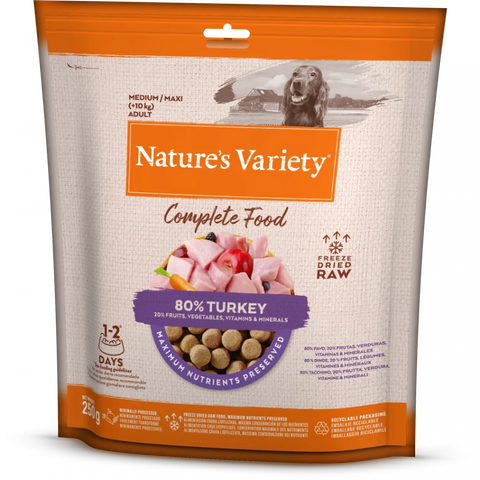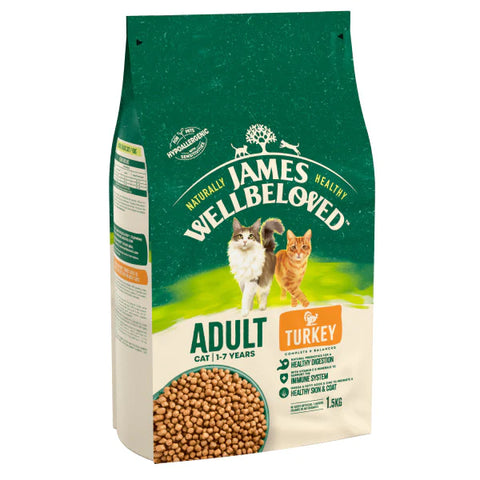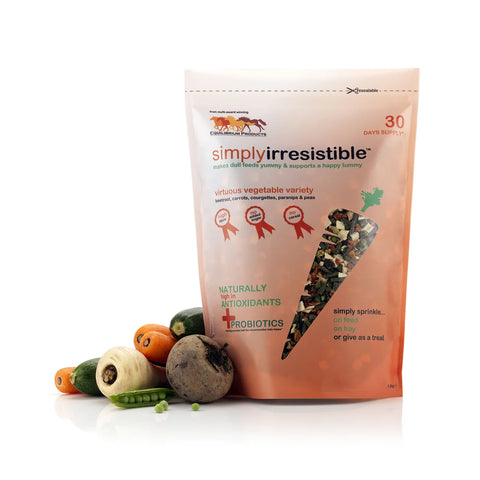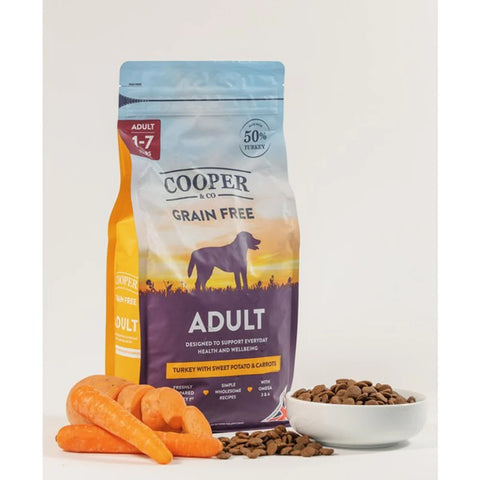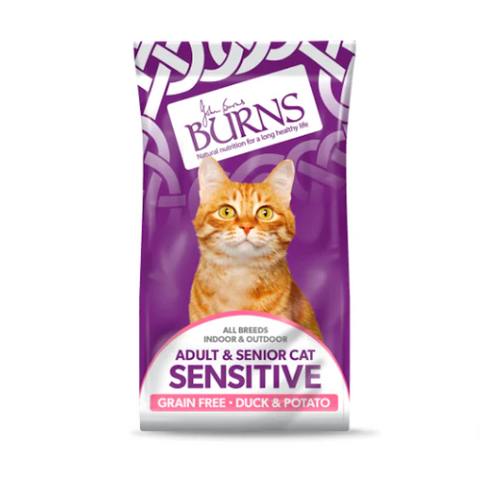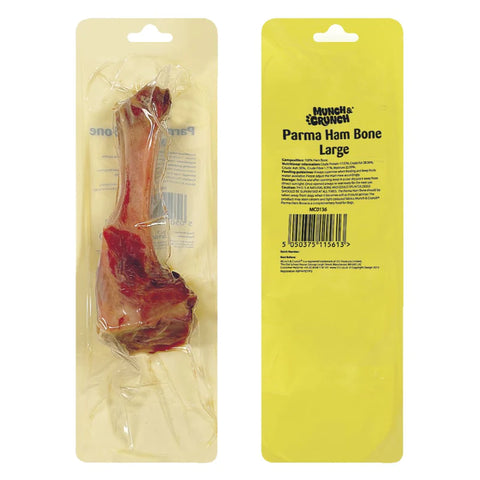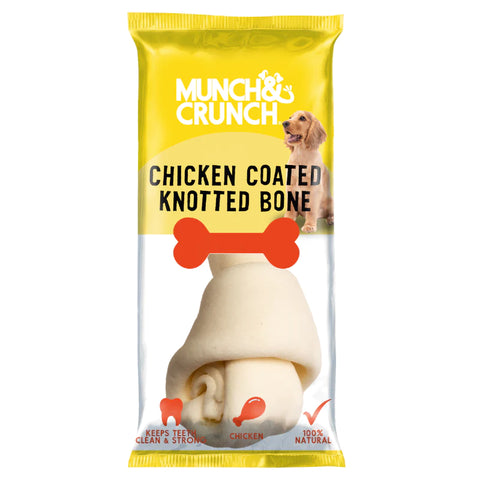Keeping Your Pets Safe: Christmas Foods They Can and Cannot Eat
The holiday season brings joy, decorations, and delicious feasts for many households. Amidst the festivities, it is essential to remember that not all foods are safe for our furry friends. Christmas, in particular, tends to introduce various treats and dishes that might pose a threat to our pets' health.
As pet owners, it's crucial to be mindful of what we're offering our animal companions during this time of celebration. Some traditional holiday foods can be harmful or even toxic to cats and dogs. Whilst some foods are safe for pets to eat, it may be better to feed them their own food, with some alternatives to our favourite Christmas foods below. To ensure your pets have a safe and healthy holiday season, here's a guide to what they can and cannot eat:
Safe Christmas Foods for Pets:
Turkey (Plain and Boneless):
Cooked, unseasoned turkey without bones is generally safe for pets in moderation. Ensure it's free from any sauces, spices, or seasoning that could upset their stomachs. Pets have more sensitive digestive systems compared to humans. Spices and seasonings often contain ingredients that might be difficult for pets to digest with some spices like garlic, onions, or certain herbs particularly harmful to dogs and cats.
Turkey is a lean meat that offers a high-quality protein source. Protein is crucial for pets as it provides essential amino acids necessary for muscle growth, repair, and overall body maintenance. Apart from protein, turkey contains various nutrients beneficial for pets, including vitamins such as B vitamins (B6, B12, niacin) and minerals like zinc and phosphorus, which contribute to overall health and vitality.
Nature's Variety Complete Freeze Dried Food Turkey £11.99 and James Wellbeloved Adult Cat Food Turkey & Rice £14.79Plain Vegetables:
Plain, cooked vegetables like green beans, carrots, or peas can be a nice treat for your pets. These can provide nutrients without any added seasonings or oils. Many vegetables are rich in essential vitamins and minerals that contribute to overall health. For example, vegetables such as carrots, broccoli, and green beans contain vitamins like A, C, and K, as well as minerals like potassium and fibre, which are beneficial for pets' immune systems, vision, digestion, and overall well-being. Most vegetables are low in calories, making them a great option for pets that need to lose weight or maintain a healthy weight. They can serve as a healthy, filling snack without contributing significantly to calorie intake.
Little One Grainfree Stick for Pet Animals Vegetables £6.19 and Equilibrium Simply Irresistible Horse Treat £11.09Plain Potatoes:
Plain, boiled or mashed potatoes (without butter, seasoning, or additives like onions or garlic) can be offered in small amounts to pets. Potatoes should be fed in moderation. They are high in carbohydrates, and excessive consumption might lead to weight gain or upset stomachs in some pets. Furthermore, the skin and green parts of potatoes contain solanine, a compound that can be toxic to pets in large amounts.
Cooked, plain potatoes can be easy for pets to digest. However, some pets may have difficulty digesting potatoes, especially if they have digestive sensitivities or conditions like inflammatory bowel disease.
Cooper & Co Adult Dog Food with Turkey, Sweet Potato and Carrots £16.39 and Burns Cat and Kitten Food Grain Free Duck & Potato £15.59Plain Popcorn:
Unsalted, unbuttered popcorn can serve as a light and occasional snack for pets. Make sure there are no added flavourings or toppings and that the popcorn is given in moderation. Popcorn contains dietary fibre, which can aid in digestion and help regulate bowel movements in pets. However, it's important not to overfeed popcorn, as excessive fibre intake can also lead to gastrointestinal upset. The crunchiness of popcorn can appeal to some pets and provide them with a satisfying chewing experience. Chewing on the popcorn can also help with dental health by promoting the natural cleaning of teeth.
However, it is important to remember that popcorn kernels and un-popped pieces can pose a choking hazard, especially for smaller pets or those prone to swallowing food quickly. Ensure that the popcorn is fully popped and break larger pieces into smaller, manageable sizes before offering them to your pet.
Plain Rice:
Cooked plain rice can be a good option if your pet has an upset stomach, as it's easily digestible. Rice is a source of carbohydrates, providing energy to pets. It can be a good addition to a pet's diet, especially when they are recovering from illness or have a temporary need for a bland diet.
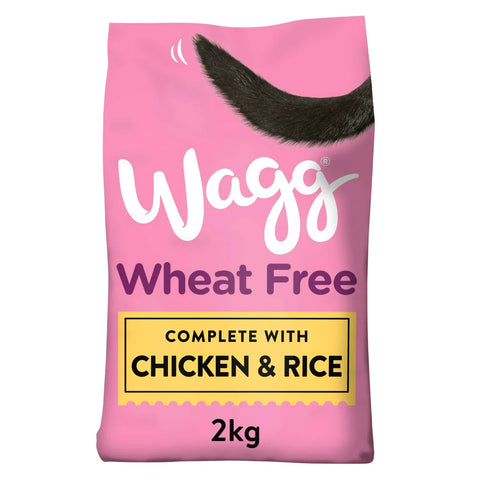
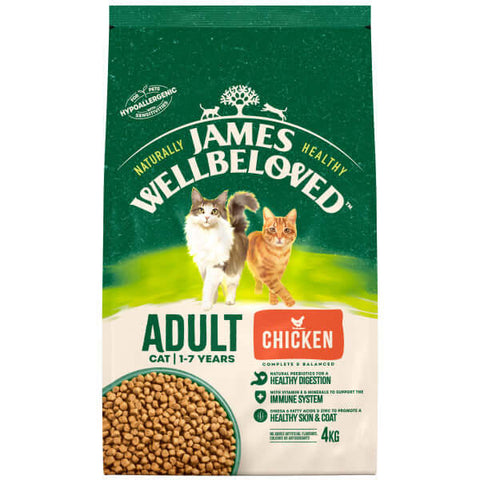
Plain Cooked Eggs:
Cooked eggs (without seasoning or oil) can be given as an occasional treat. Ensure they are thoroughly cooked and avoid using any added ingredients. Eggs are an excellent source of high-quality protein, containing all essential amino acids that pets need for muscle maintenance, growth, and overall body function. Eggs are also packed with nutrients such as vitamins A, D, E, and B-complex vitamins like B12 and riboflavin. They also contain minerals like selenium, iron, and zinc, which contribute to overall health and well-being in pets.
While eggs can provide nutritional benefits, they should be offered in moderation as part of a balanced diet. Too many eggs might lead to an imbalance in nutrients or contribute to excessive calorie intake.
Alternatively keep your dog safe this Christmas and treat them to their own Christmas dinner that they can eat whilst you eat yours!
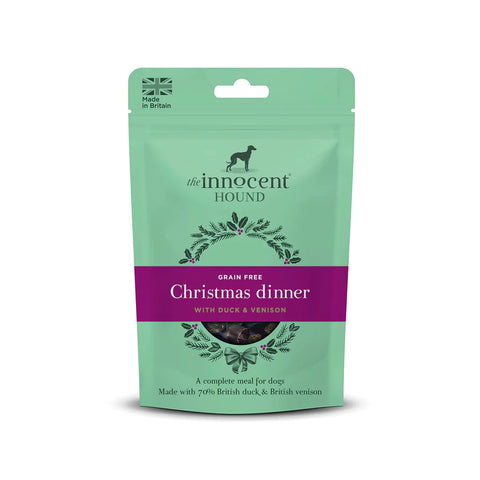
Christmas Foods to Avoid Giving to Pets:
Chocolate:
Chocolate is highly toxic to both cats and dogs due to the presence of theobromine and caffeine. Chocolate contains varying amounts of theobromine and caffeine, which are stimulants that affect the central nervous system, cardiovascular system, and kidneys. Cats and dogs metabolise these substances slower than humans, leading to a build-up of these toxins in their bodies.
Ingestion of chocolate can lead to symptoms such as vomiting, diarrhoea, increased heart rate, restlessness, panting, tremors, seizures, muscle rigidity, increased urination, and in severe cases, it can cause abnormal heart rhythms, heart attacks, or even death.
Grapes and Raisins:
Grapes and raisins are highly toxic to dogs, and ingestion of even small amounts can lead to severe health issues, including kidney failure. The exact substance or compounds responsible for the toxicity in grapes and raisins are not yet identified, but the ingestion of these fruits can have detrimental effects on a dog's health. Even a small quantity of grapes or raisins can be toxic to dogs. The toxic dose can vary widely among individual dogs. Some dogs may show severe reactions to even a small number of grapes or raisins, while others may tolerate larger quantities without immediate adverse effects.
Due to the unpredictable nature of grape and raisin toxicity in dogs and the potential for severe health consequences, it is crucial to prevent dogs from consuming these fruits entirely. Even if a dog has previously eaten grapes or raisins without apparent issues, it's still unsafe to allow them access to these fruits.
Onions and Garlic:
Onions and garlic contain compounds called thiosulfates, which are toxic to pets. These compounds can cause oxidative damage to the red blood cells in dogs and cats, leading to a condition called hemolytic anemia. Thiosulfates in onions and garlic can damage red blood cells, causing them to rupture or become fragile. This can result in a decrease in the number of circulating red blood cells, leading to anemia. Anemia can cause symptoms like weakness, lethargy, pale gums, and even collapse in severe cases.
The toxic effects of onions and garlic are cumulative, meaning that even small amounts consumed over time can gradually build-up and lead to health issues. This makes it especially important to avoid feeding any amount of onions or garlic to pets.
Xylitol:
Found in many sugar-free products, including some candies and baked goods, xylitol is highly toxic to pets and can cause a rapid drop in blood sugar levels and liver failure. Xylitol can cause a rapid release of insulin in dogs when ingested. This sudden insulin release can lead to a dangerous drop in blood sugar levels (hypoglycaemia). Hypoglycaemia can result in symptoms such as weakness, lethargy, lack of coordination, collapse, seizures, and, in severe cases, can be fatal. Symptoms of xylitol poisoning in dogs can occur within 30 minutes to several hours after ingestion, depending on the amount consumed. Even small amounts of xylitol can be harmful to dogs, and the severity of poisoning can vary based on the quantity ingested and the size of the dog.
While dogs are particularly susceptible to xylitol toxicity, other pets like cats may also experience adverse effects if they consume products containing xylitol.
Alcohol:
Alcoholic beverages are hazardous for pets and can cause vomiting, diarrhoea, coordination problems, breathing difficulties, coma, and even death. The active ingredient in alcoholic beverages, ethanol, is toxic to pets. Pets, especially dogs and cats, are much more sensitive to the effects of alcohol than humans due to their smaller size and differences in metabolism. Alcohol is rapidly absorbed into a pet's bloodstream, leading to quick onset of symptoms and toxicity. Alcohol can damage a pet's liver and brain, leading to serious health complications. Prolonged exposure to even small amounts of alcohol can result in organ damage.
Bones and Fatty Trimmings:
Bones, especially cooked bones, can splinter easily, leading to sharp fragments that can cause injuries to a pet's mouth, throat, or digestive tract. These splinters can potentially cause choking, blockages, or puncture the gastrointestinal tract, resulting in serious health issues that may require surgical intervention.
Fatty trimmings from meats, such as excessive amounts of fat or skin, can be difficult for pets to digest. Consumption of large quantities of fat can lead to gastrointestinal upset, including vomiting, diarrhoea, or pancreatitis—a painful and potentially life-threatening condition characterised by inflammation of the pancreas. Fatty meals, including fatty trimmings, can trigger pancreatitis in pets. This condition occurs when the pancreas becomes inflamed due to the ingestion of high-fat foods, leading to symptoms such as severe abdominal pain, vomiting, diarrhoea, and in severe cases, organ failure.
Feeding too many bones or fatty trimmings can disrupt a pet's balanced diet. While bones contain nutrients like calcium and phosphorus, excessive consumption can upset the nutritional balance of a pet's diet. Similarly, fatty trimmings are high in fat and calories, which, if consumed in large amounts, can lead to weight gain and other health issues.
Munch & Crunch Parma Ham Bone £4.09 and Munch & Crunch Chicken Coated Knotted Bone £3.99Nuts:
Certain nuts, like macadamia nuts, can be toxic to pets, causing weakness, tremors, vomiting, and hyperthermia. Nuts are high in fats and oils, which can lead to gastrointestinal upset in pets. Consumption of nuts, especially in larger quantities or certain types like macadamia nuts, can cause vomiting, diarrhoea, and abdominal pain.
Nuts are hard and can pose a choking hazard, especially for smaller pets. Larger nuts like whole almonds or walnuts can be difficult to chew and may lead to choking or obstruction if swallowed whole. Some types of nuts, such as macadamia nuts, can be toxic to pets.
As a responsible pet owner, it's essential to be cautious and mindful of what you're feeding your pets during the holiday season. If you suspect your pet has ingested something harmful or are concerned about their well-being, contact your veterinarian immediately.
Keeping Your Pets Safe at Christmas with Direct4Pet
While it's tempting to share our holiday meals with our furry companions, it's best to stick to their regular diet and offer them safe, pet-friendly food and treats in moderation. By taking precautions and being aware of potential hazards, you can ensure a safe and joyful holiday season for both you and your beloved pets.

